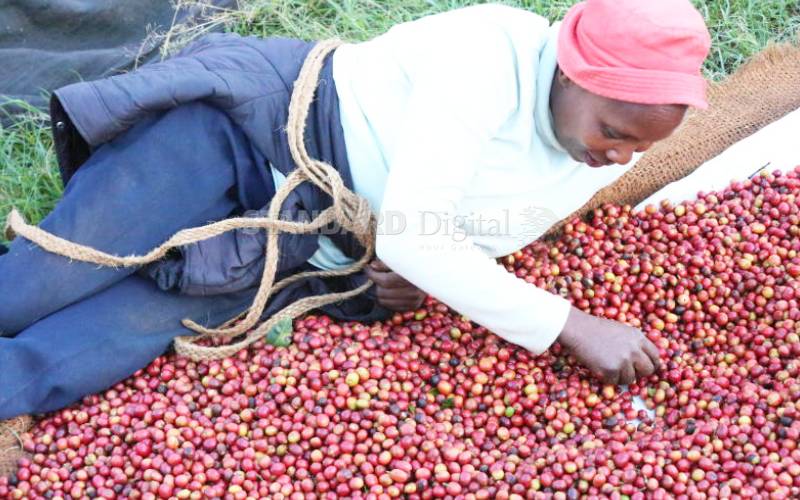×
The Standard e-Paper
Stay Informed, Even Offline

Coffee farmers in Central region have questioned the national government’s move to disburse the Sh3 billion cherry revolving fund through the troubled Kenya Planters’ Co-operative Union (KPCU).